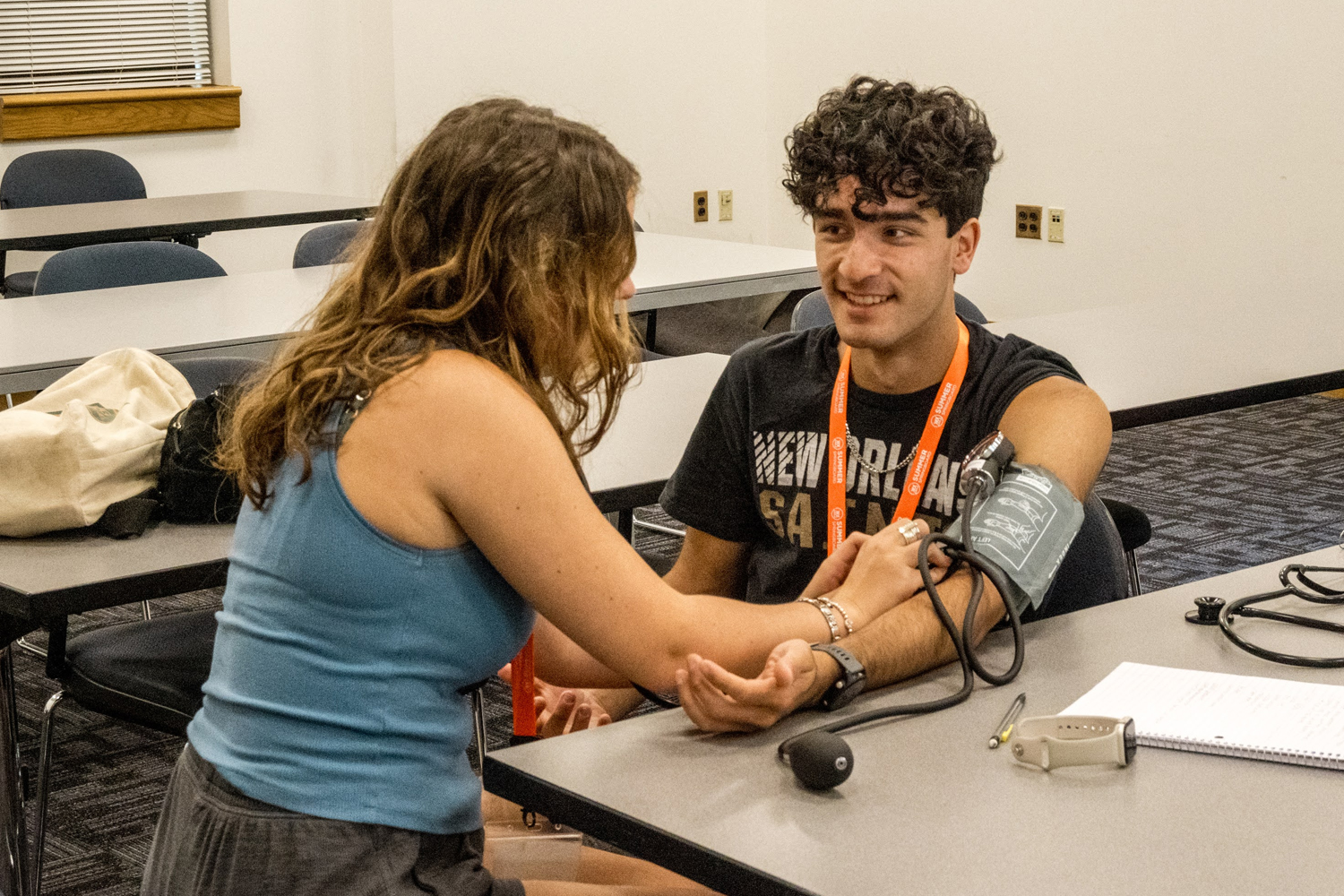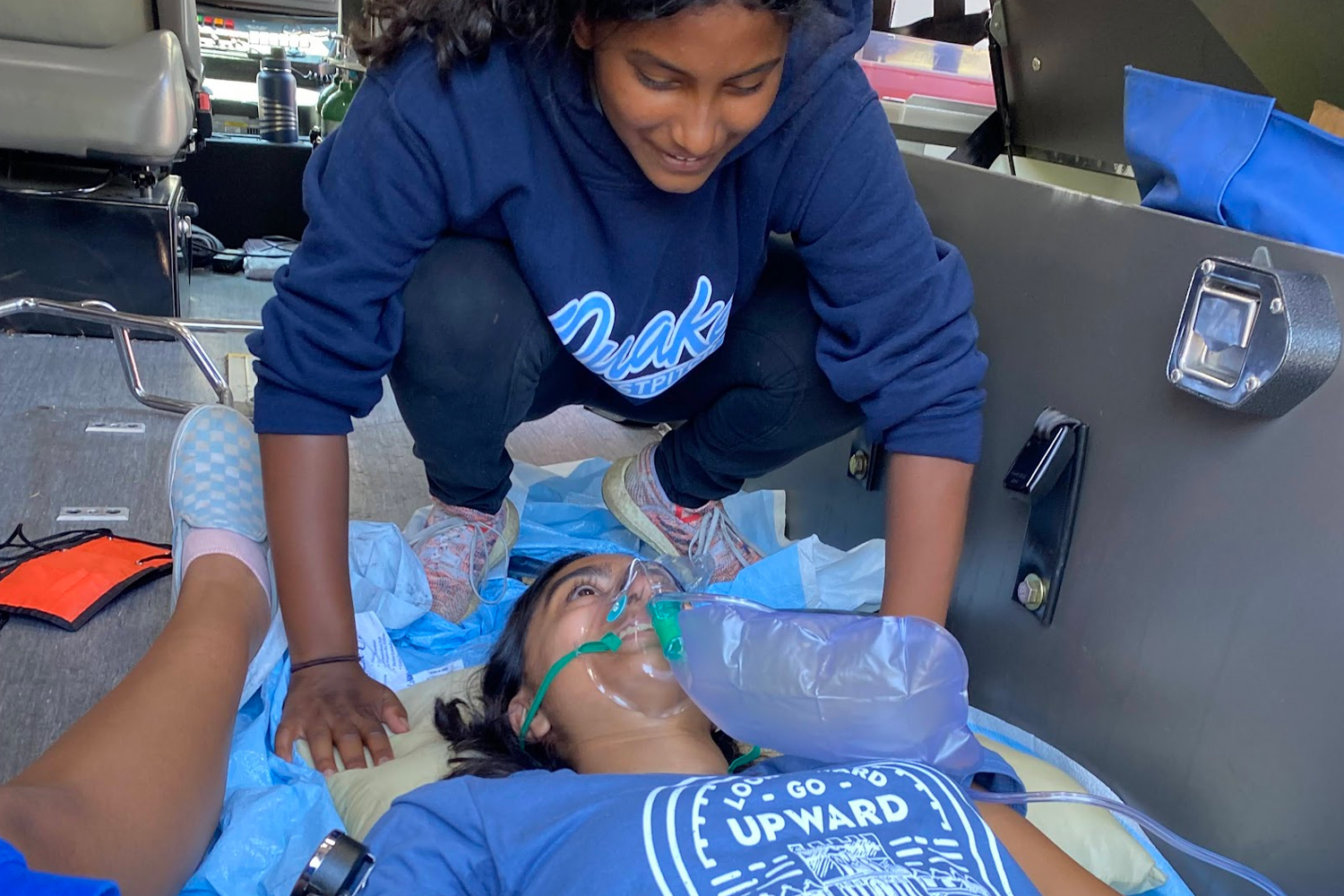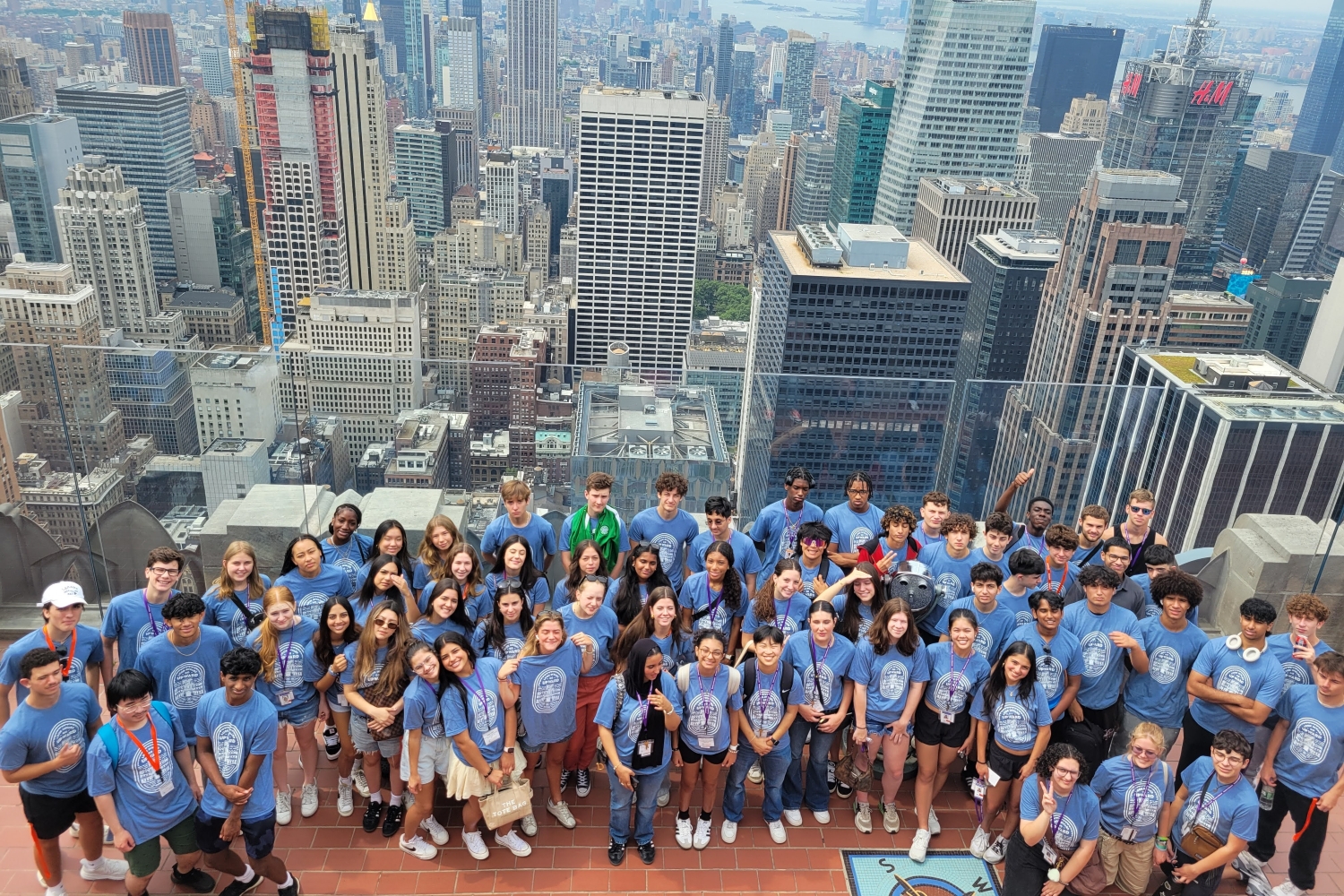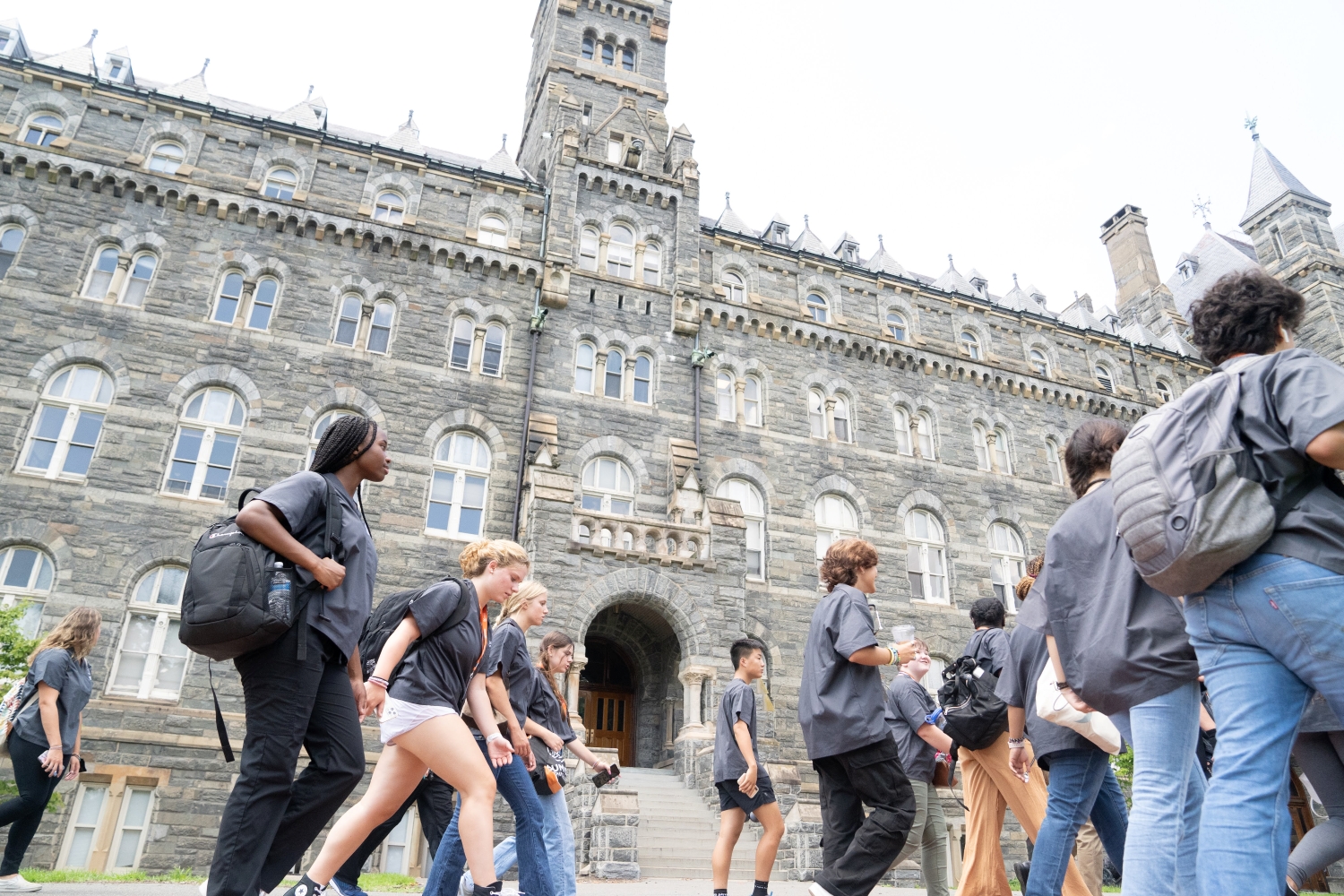Summer Springboard
Emergency Medicine
ACADEMIC COURSE
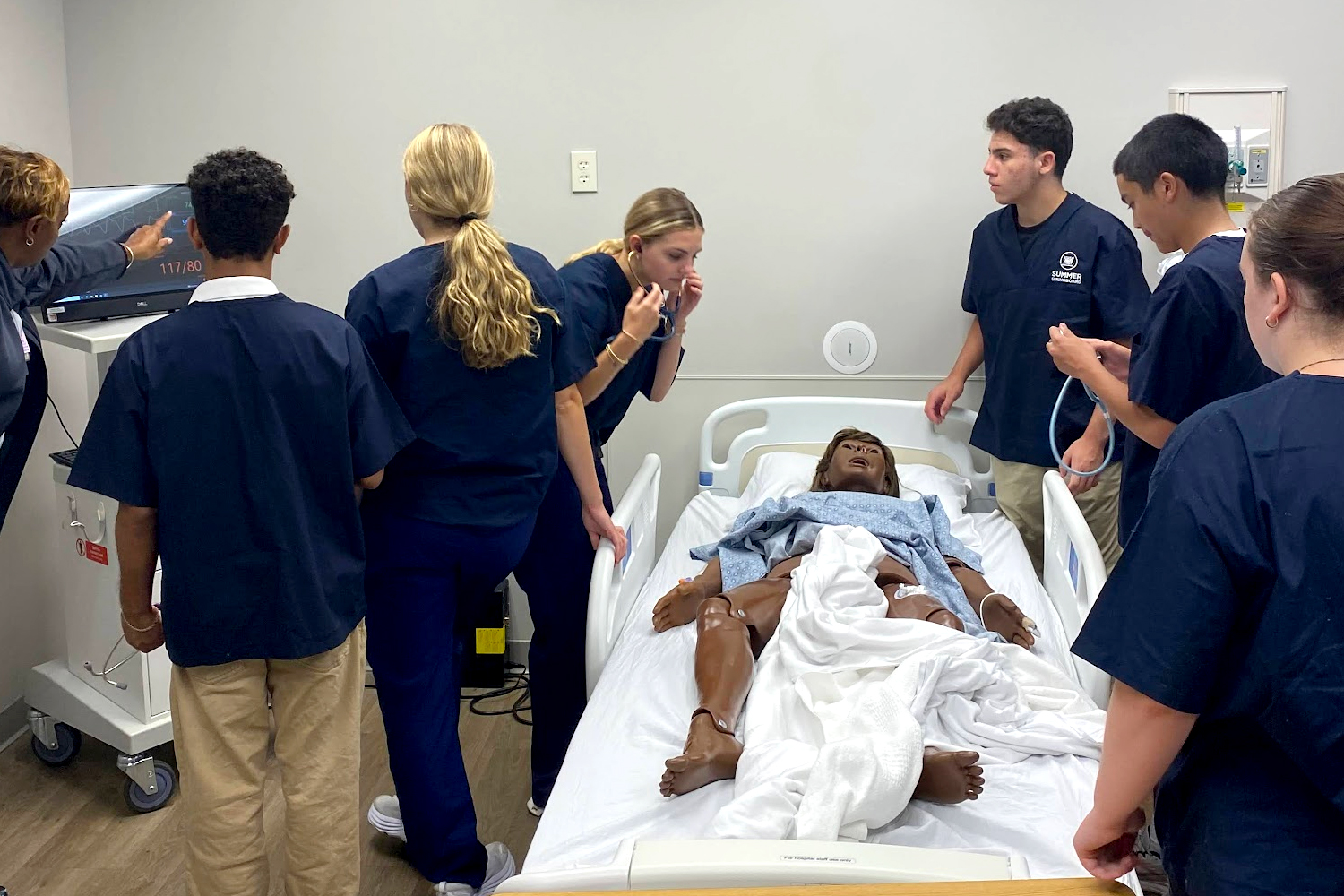
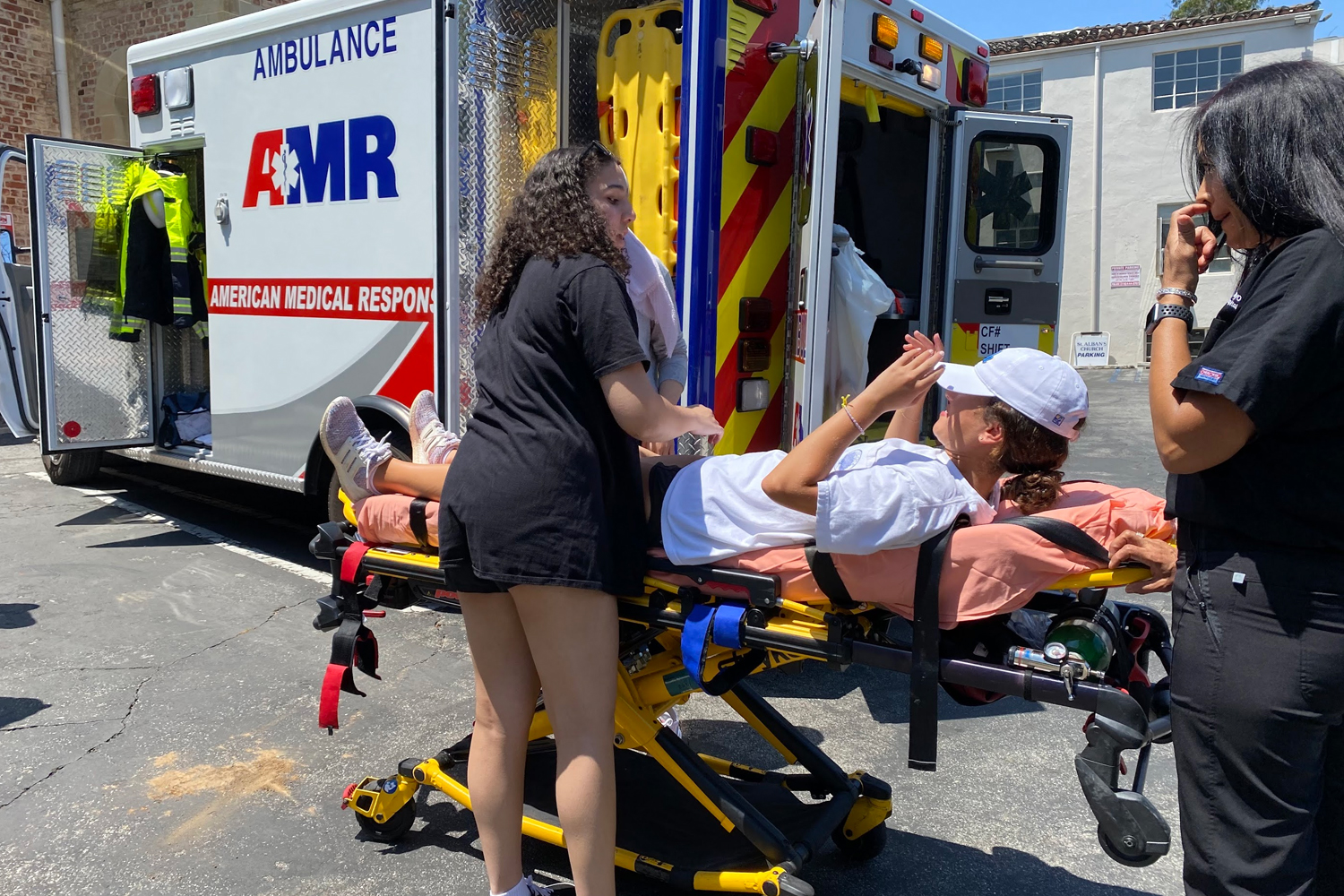
BEGIN YOUR MEDICAL JOURNEY WITH HANDS-ON EMERGENCY SIMULATIONS, REAL-WORLD DIAGNOSTICS AND EXPERT-GUIDED LIFE-SAVING SKILLS THAT TURN CURIOSITY INTO CONFIDENCE
Course Highlights
- Master life-saving basics like CPR, bleeding control, splints, and sutures in high-impact simulations.
- Train under pressure in a clinical‑style lab alongside peers and medical faculty.
- Act as a detective doctor: assess patient history, pinpoint symptoms, and design treatment plans.
- Execute extraction, positioning, and wound‑care techniques used in real emergency scenarios.
- Collaborate in teams to diagnose cases and justify clinical decisions like true healthcare professionals.
- Explore diverse medical careers and gain insider insight into the path ahead through expert mentorship.
Summer Springboard
Emergency Medicine
Course Overview
Considering a career in medicine? Thinking about being a pre-med major in college? Love biology, and fascinated about the human body, or want a career helping people but aren’t sure where to start? These are big questions that can influence the next four to twelve years of a student’s life.
Spend the first week learning basic medical skills and getting training on how to handle situations when medical care is not immediately available. Simulations will allow students to learn and practice medical techniques including positioning and extraction, wound care, control of bleeding, stitches and sutures, usage of splints and slings, and other useful potentially life-saving skills.
The second week focuses on being a detective doctor. In small groups, students will be required to research a simulated patient’s history and symptoms, create a diagnosis based on their findings, and develop a treatment plan. This simulation will teach students how to respond to a patient just like a medical professional, assessing information and applying their medical knowledge in high pressure environments.
LEARNING OUTCOMES
Outcome #1
Learn practical skills such as suturing, placing a splint, stopping a bleed, taking vital signs and performing CPR
Outcome #2
Train in a simulation lab where healthcare students and faculty hone and refine their life-saving skills
Outcome #3
Gain valuable insight into diverse educational and career opportunities in medicine and healthcare
Outcome #4
Work in teams to research, diagnose, and develop a treatment plan for simulated patients
Summer Springboard
Emergency Medicine
Courses by Campus

EMERGENCY MEDICINE
Oxford
Oxford, United Kingdom

